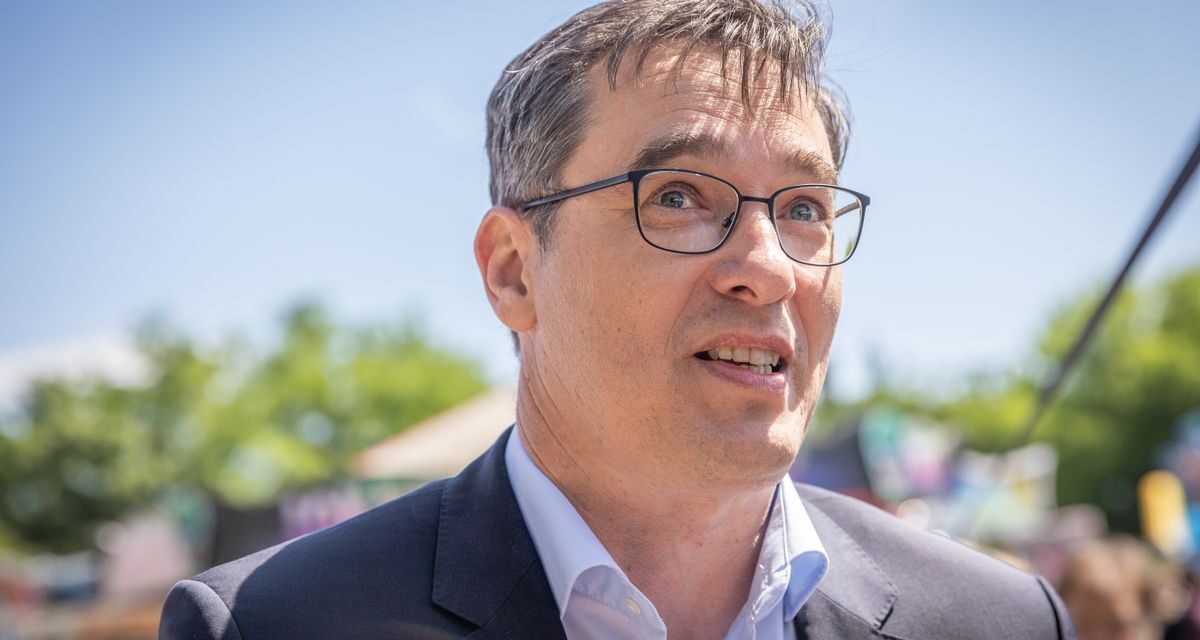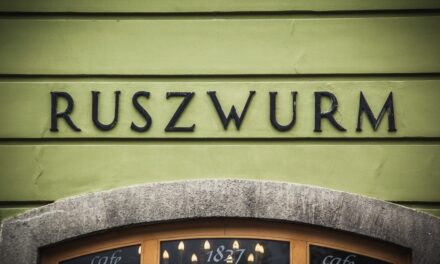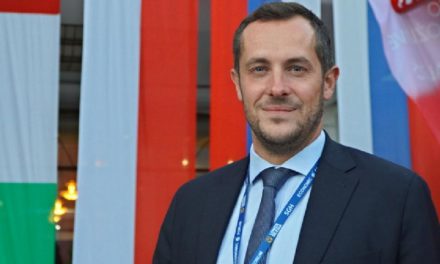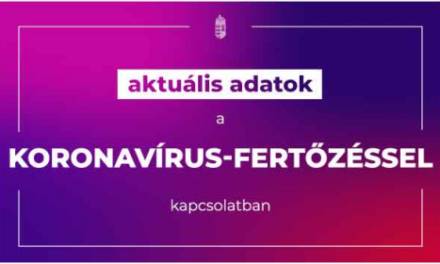This official action was also taken in connection with the ongoing investigation into the suspicion of budget fraud and other crimes in the case of the 99 Movement, famous for its "micro-donations".
A few weeks ago, the staff of the investigative authority investigating the 99 Movement case appeared again and conducted a house search at the downtown lawyer's office of Csaba Tordai, the mayor's chief legal advisor. Tordai has already been approached by the authorities twice before, the first time last November, when, according to our sources, evidence confirming the suspicion of document forgery was seized.
In connection with the case, the Prosecutor General's Office of the Capital City, which oversees the proceedings, announced the following:
"In the ongoing criminal case for the crime of budget fraud and other crimes, we are able to inform you that the investigative authority, with a judicial permit obtained at the request of the prosecutor, again conducted a search in a law office in September 2024.
The scandal over suspected criminal fundraising by the 99 Movement, which was founded by Gergely Karácsony and was supposed to promote his 2021 primary election campaign and his election as prime minister, erupted after the declassification of the report of the National Information Center (NIK), which was published in foreign countries for the 2022 parliamentary elections. made about influencing
The report revealed, among other things, that between August 2021 and September 2022, Gábor Perjés, who was in charge of the movement's finances, paid HUF 506 million in cash into the organization's account, mainly in euros and British pounds, a total of nineteen times. According to the report, "a total of 917,695 euros and 3,900 British pounds were deposited into the account during the period under review."
After the report, Gergely Karácsony started talking about "micro-donations" collected in small and then large boxes. In the case - in which the account manager of the 99 Movement, the OTP, also filed a complaint - an investigation is underway at the tax authority on suspicion of budget fraud, money laundering and the use of false private documents. Because of all this, Perjé was suspected of document forgery months ago.
Incidentally, the bank's report was preceded by an internal investigation. The financial institution's investigation essentially established that the donation boxes could not have contained as much money as was included in the minutes presented by Perjés.
It also turned out that the banknotes, mostly in euros and pounds, were new, unwrinkled, and in several cases serially numbered. From the data revealed by the bank, it can be concluded that there was no question of "micro-donations".













